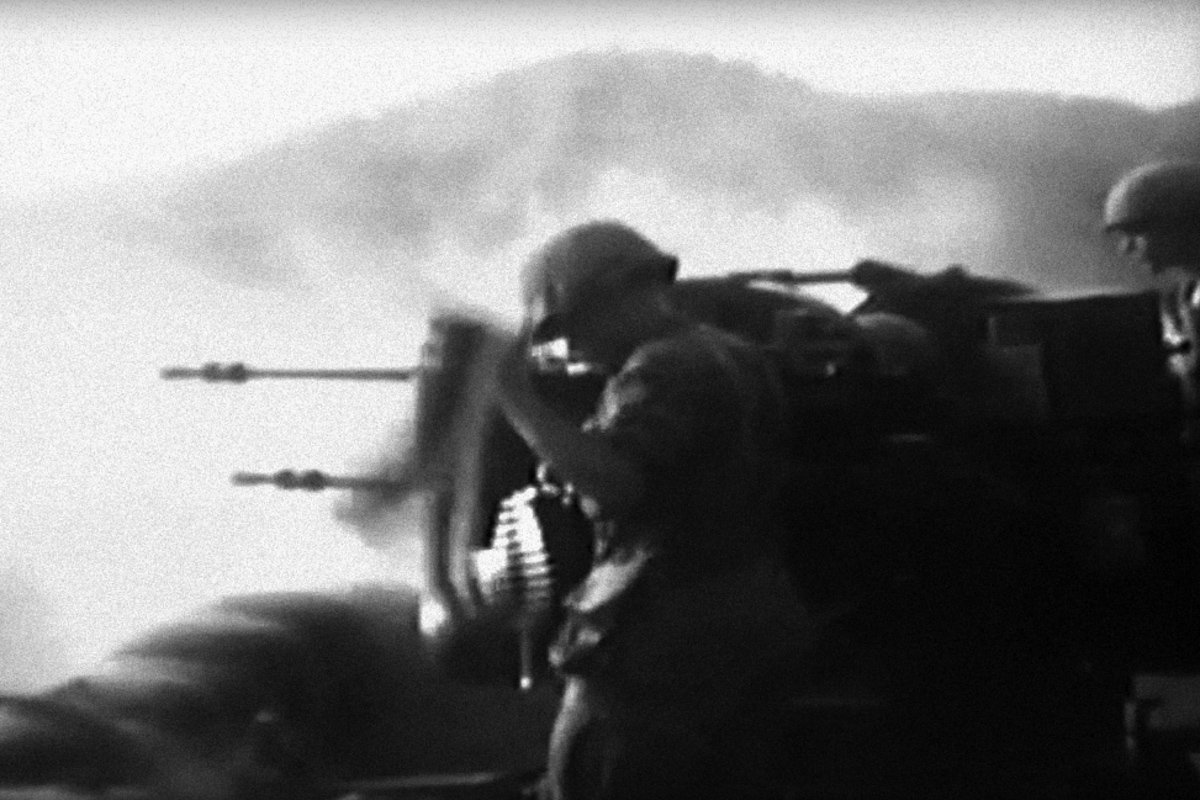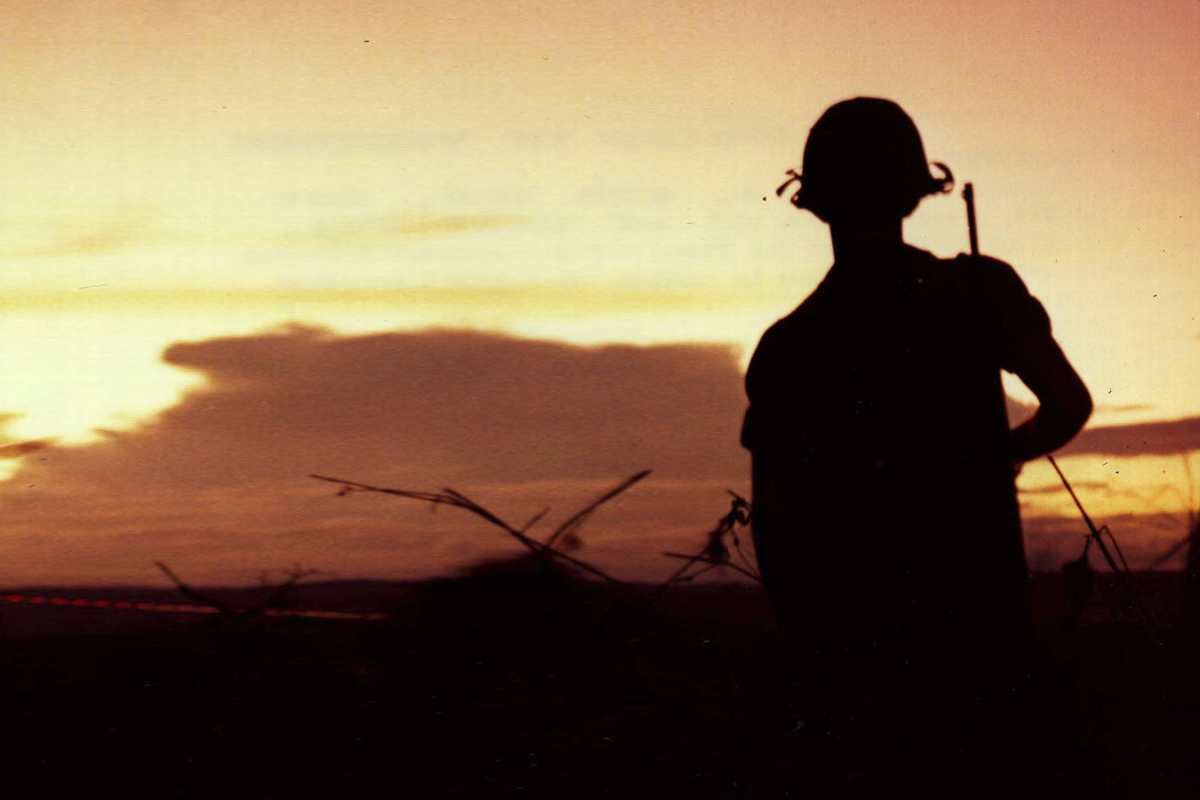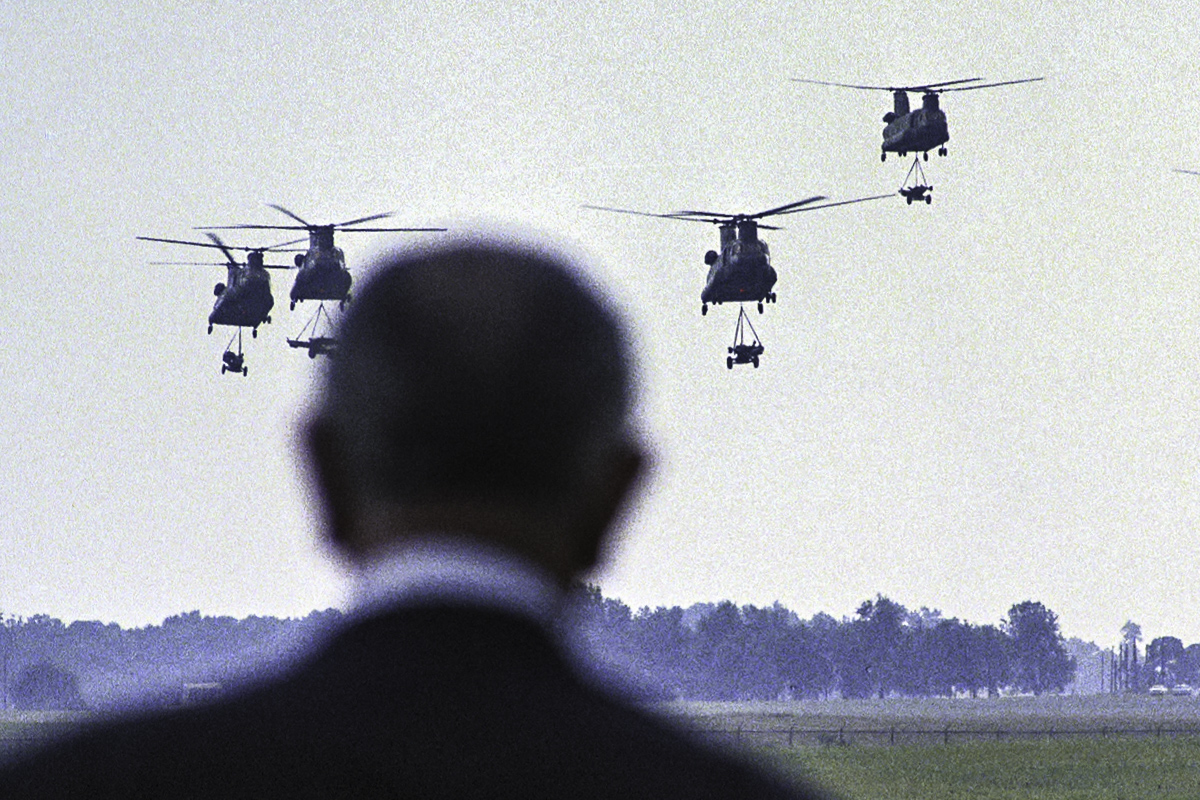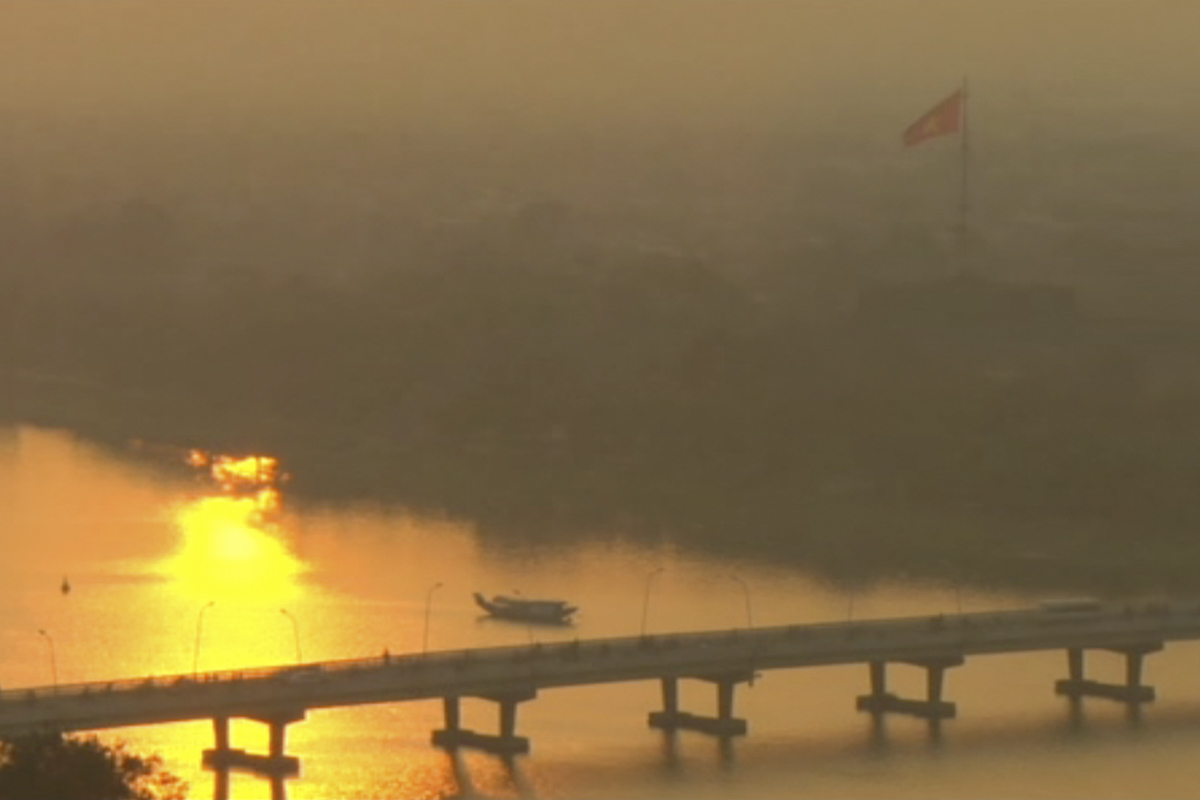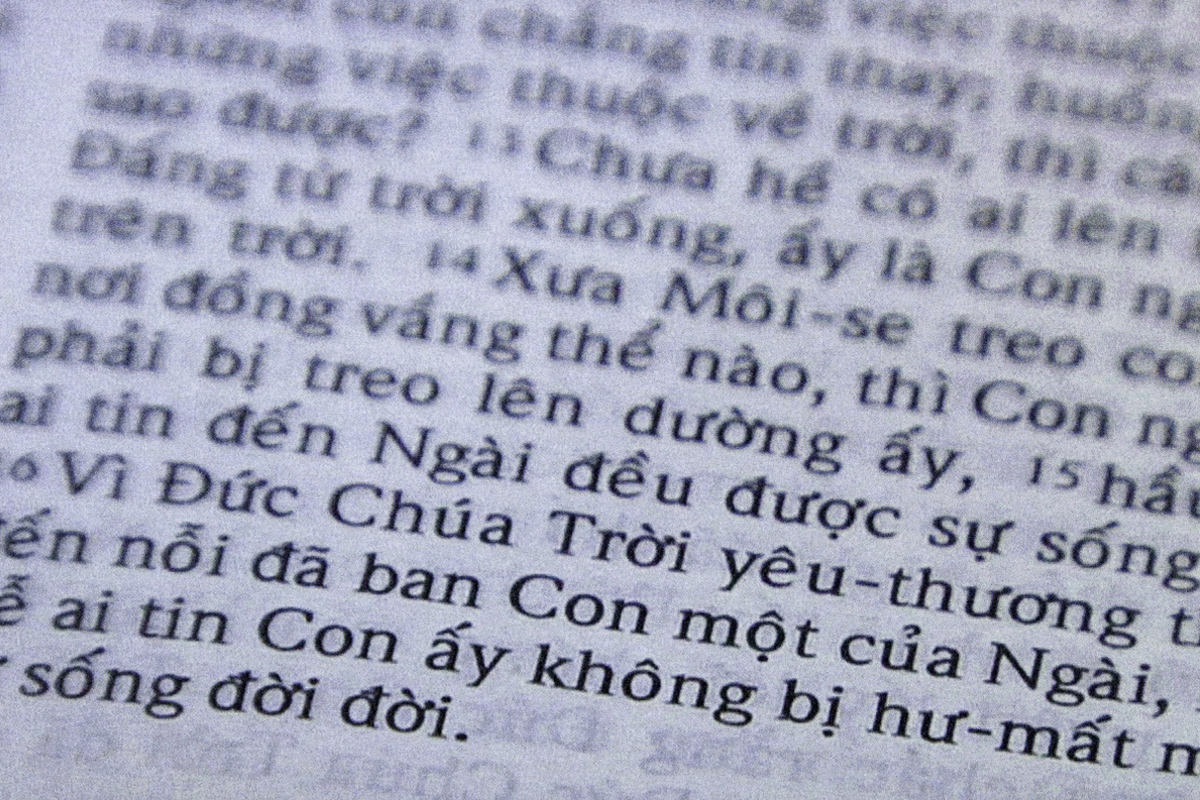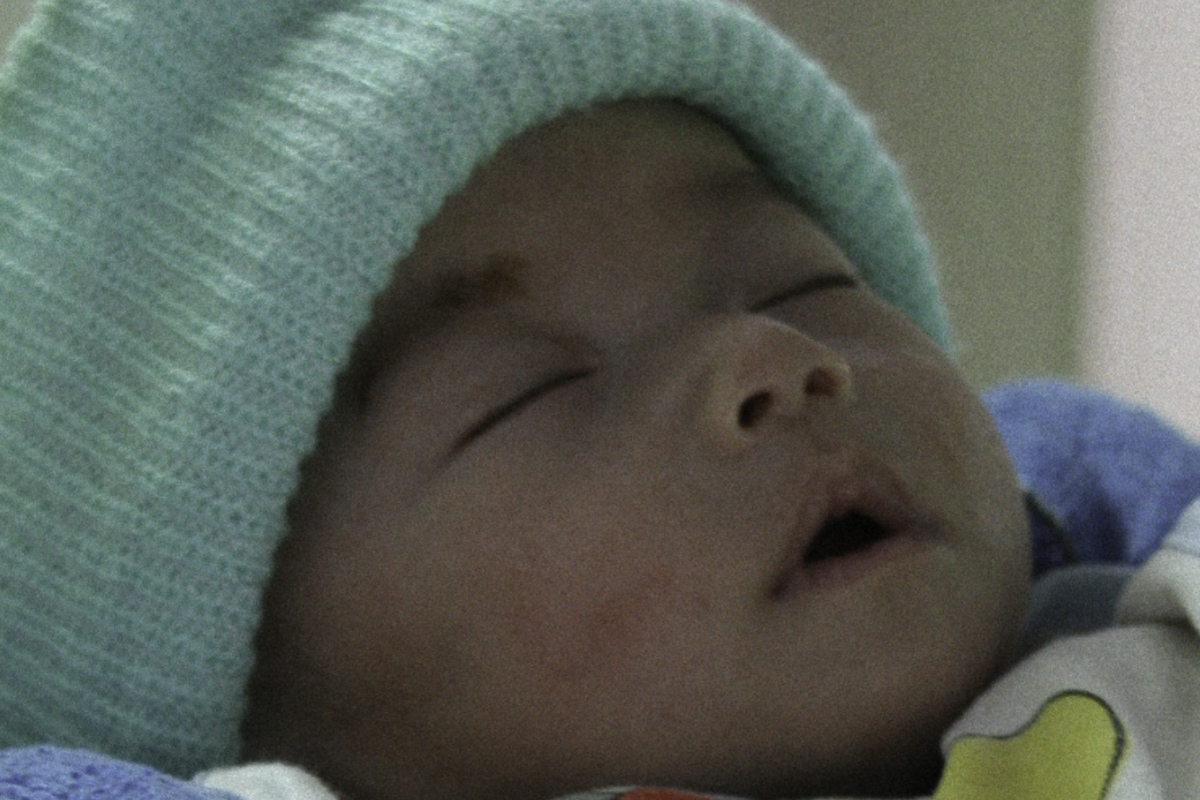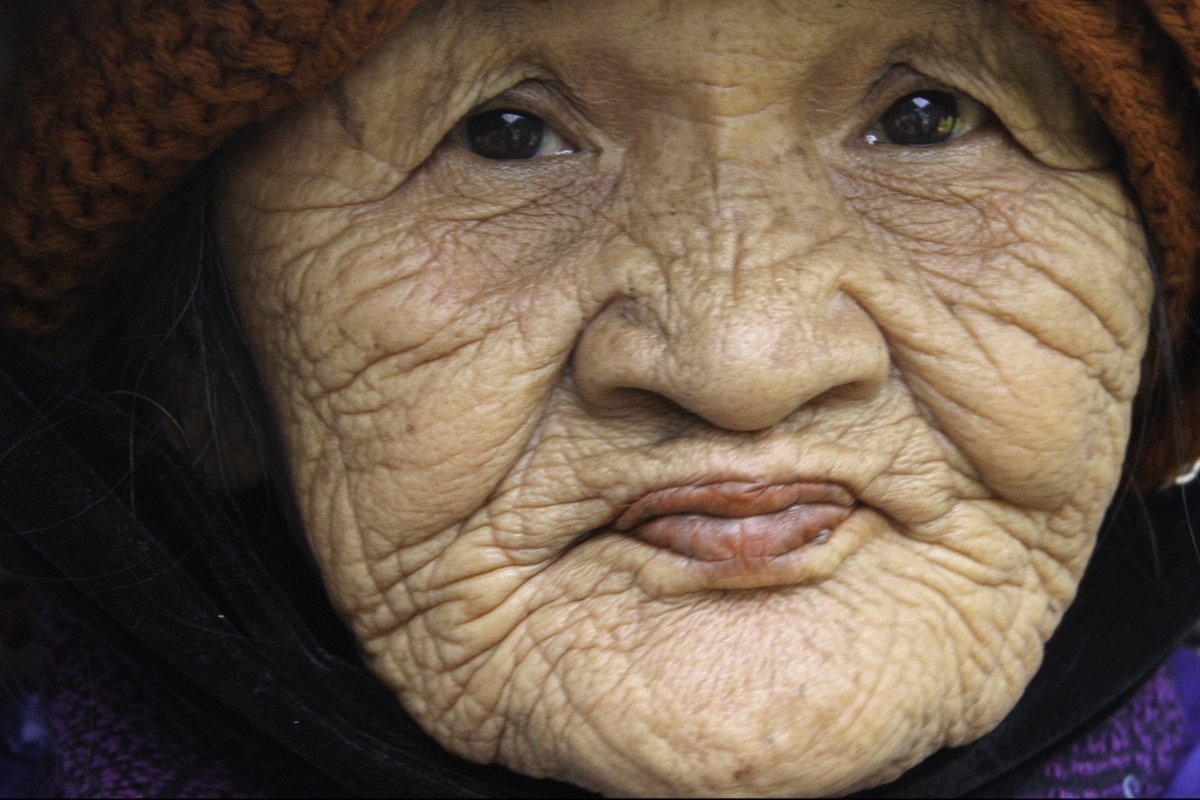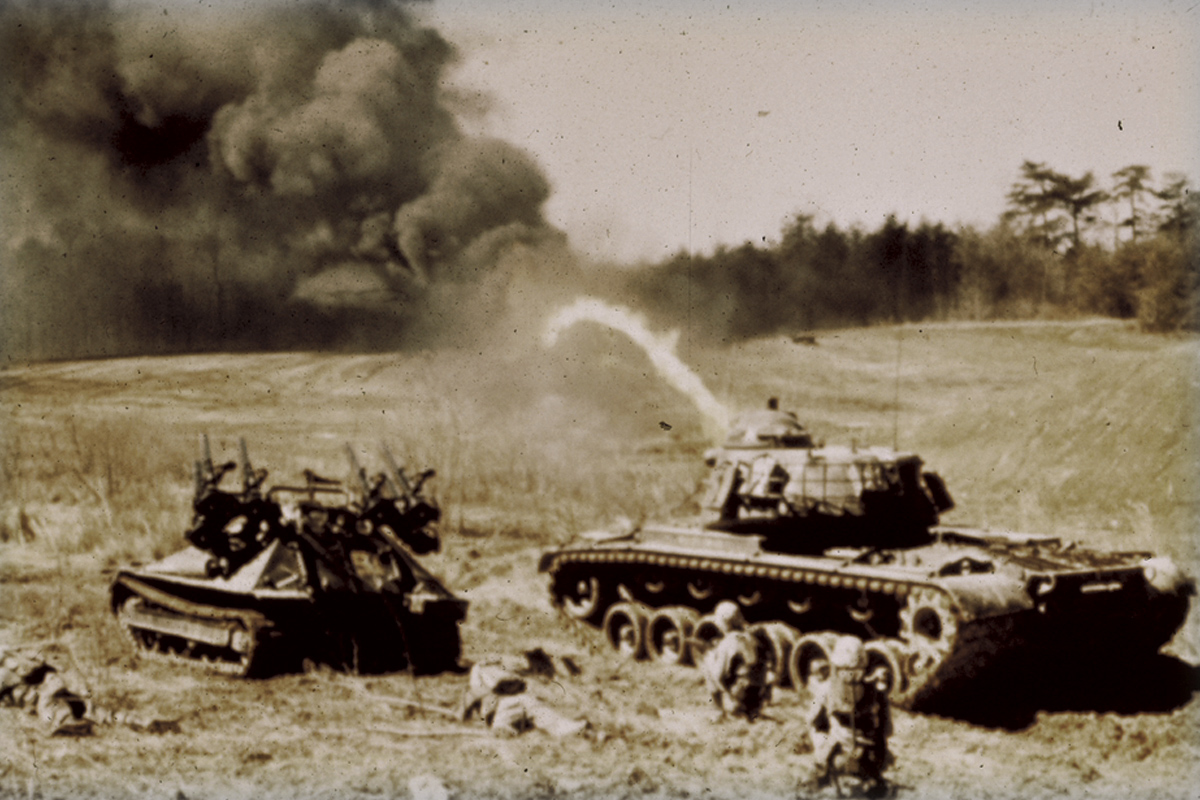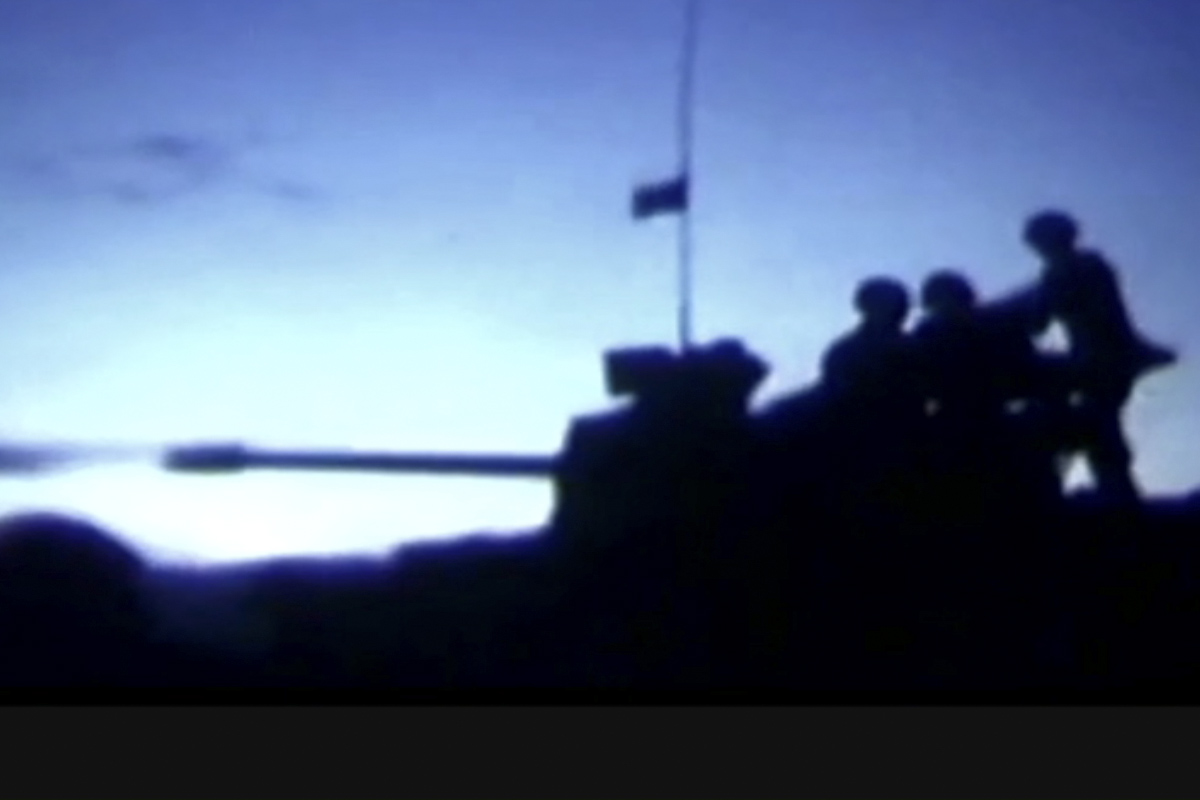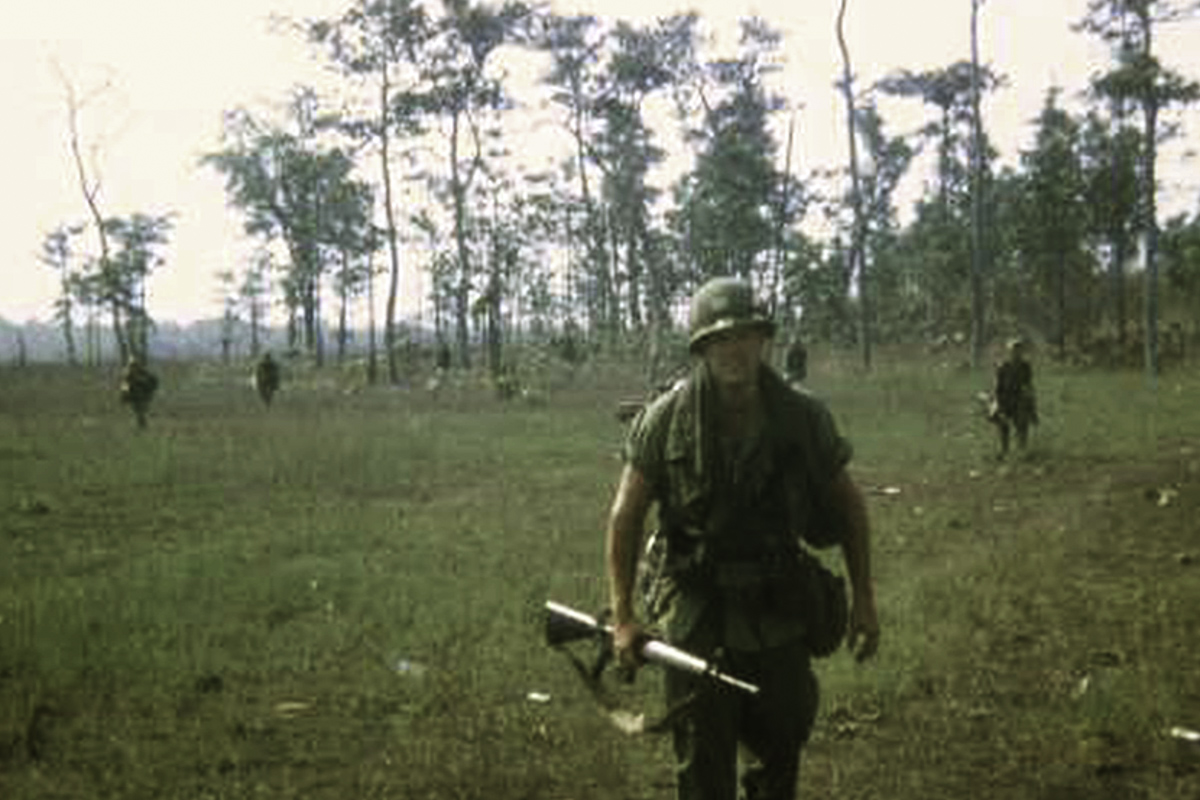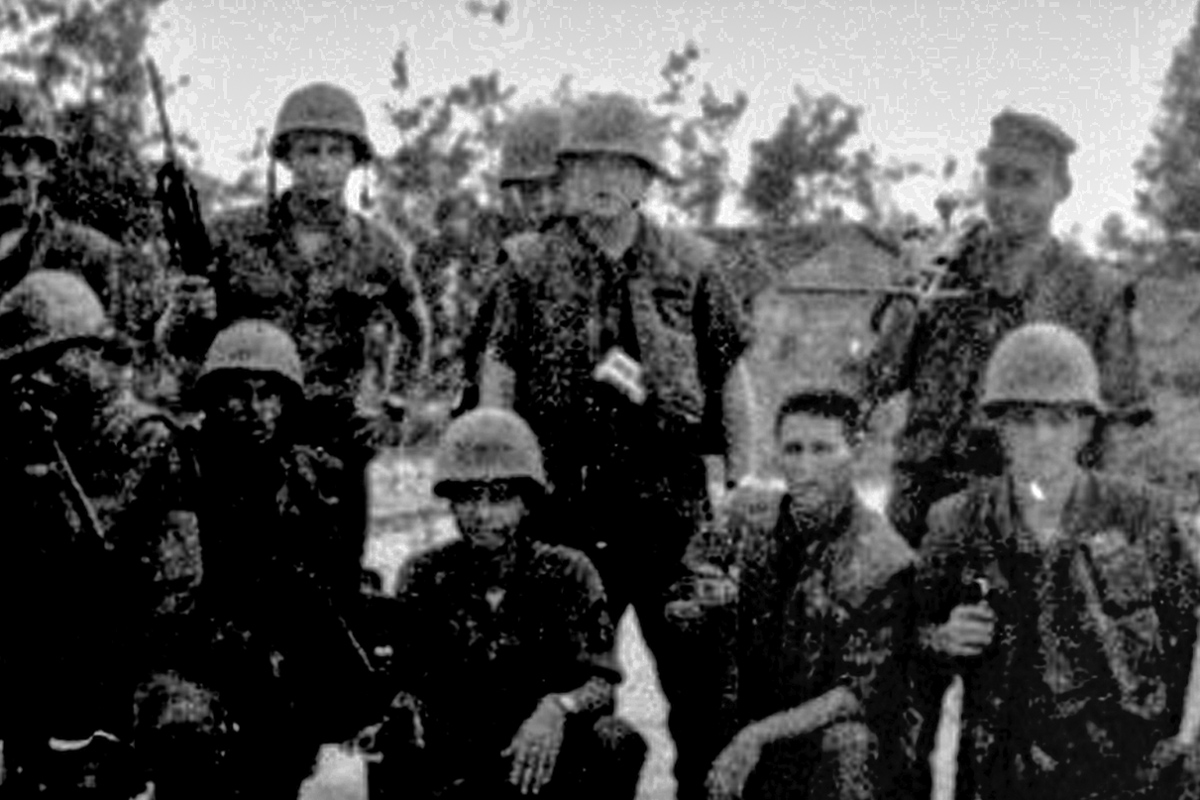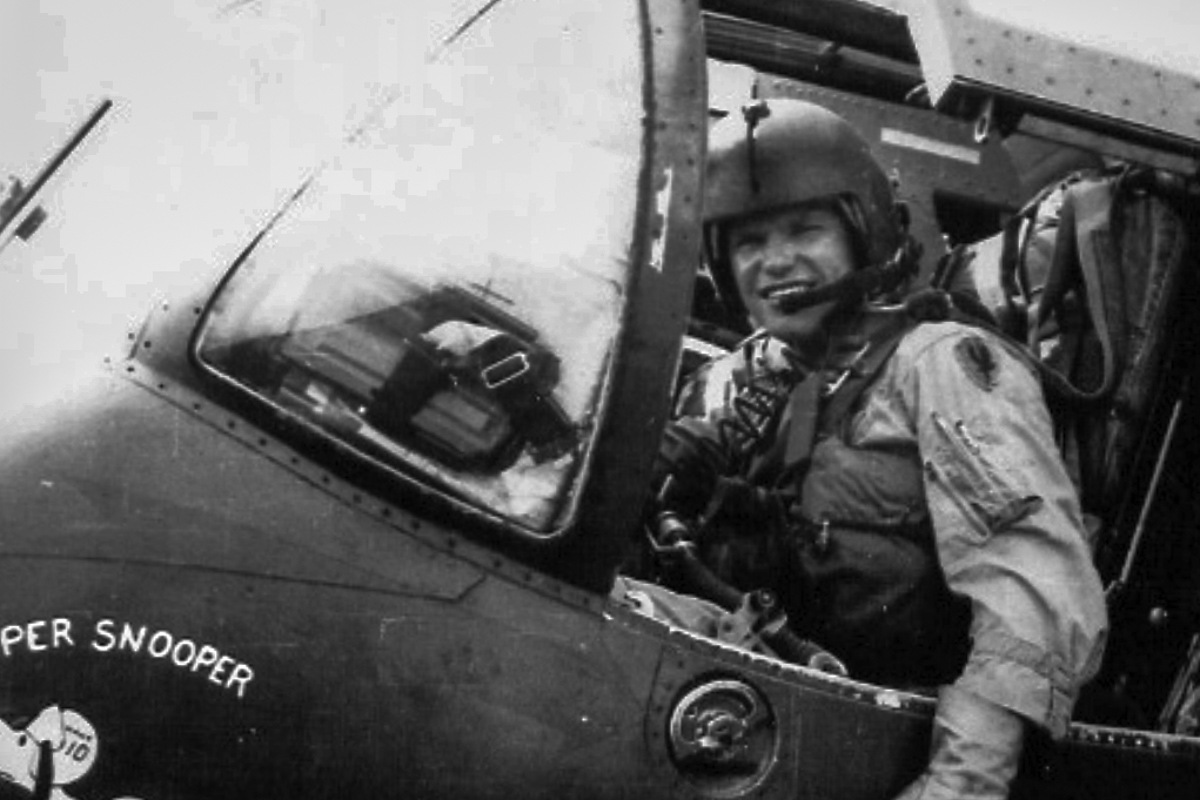
Episode 05 — You Can’t Go Home Again
Podcast: Play in new window | Download
Subscribe: RSS
SUMMARY: Several Vietnam veterans return from the war only to learn that you can’t go home again.
TEASER — Bob Peragallo: You left the battlefield and you were home within a matter of 3 or 4 days and there was no counseling, there was no debriefing, there was absolutely nothing.
INTRO — Kent C. Williamson: There’s one thing that every war has in common. Eventually, they all come to an end… eventually. In April of 1975, after twenty years of fighting, and over a decade of American involvement, that day came for the war in Vietnam. It happened when Saigon, the capital of South Vietnam, fell. As it all was coming to a close, the grounds of the U.S. Embassy were packed with people hoping to escape the country. For 24 hours helicopter after helicopter briefly landed on rooftops, they were loaded with those fortunate enough to get visas, and lifted again into the sky where they flew to the air craft carriers waiting in the South China Sea. Tamarind trees were cut down in the Embassy’s parking lot to make room for a landing zone for more helicopters. There is some powerful footage of the evacuation online. We’ll include links to some in our show notes. At 4:58 in the morning of April 30th, Graham Martin, the U.S. Ambassador to South Vietnam climbed aboard a helicopter known as Lady Ace 09 and evacuated the embassy. By 7:53 that morning the last of the Marines lifted off the ground leaving behind many South Vietnamese who weren’t fortunate enough to catch a flight out. At 11:30am tanks of the Peoples Army of Vietnam crushed the gates of the Presidential Palace in Saigon. A flag for the National Liberation Front was raised above the building and the Vietnam War was over. Or was it?
Welcome to the By War & By God Podcast, I’m your host Kent Williamson. This show is a companion series to the award-winning documentary film By War & By God. It’s a place where we can go deeper into the stories of the lives of these veterans than we’re able to in the film. Over this season were telling the remarkable accounts of people who’s lives were forever changed by the Vietnam war. You’ll hear stories of heroism, and stories of tragedy… but you’ll also hear some amazing stories of reconciliation, and you’ll learn about a magnetic force that tugged and pulled and eventually drew these soldiers, medics, machine-gunners and crewman back to Vietnam for the purpose of serving some of the poorest of the poor in that beautiful country.
But before we start, I need to tell you about Big Heaven Cafe. Big Heaven Cafe is where you go to purchase the documentary By War & By God, so if you need a copy for yourself, your dad, a friend, a veteran you know, or your local library, please click your way to Big Heaven Cafe dot com. That’s Big Heaven Cafe dot com and use the coupon code “podcast” to save one-hundred-thirteen-thousand-eight-hundred-and-fifty Vietnamese Dong… or five U.S. bucks on the film. Oh, and 20% of all sales of By War & By God from Big Heaven Cafe go to Vets With A Mission, the non-profit that since 1989 has taken nearly 1400 Vietnam Veterans back to Vietnam. That’s a lot of Veterans. Why do they go back? For healing and reconciliation.
In today’s episode, You Can’t Go Home Again, we’ll learn that you can remove the man from the war, but that it’s much more difficult to remove the war from the man. The home you left behind to go fight the war is not the same when you return… and neither are you. Alright… here we go…
Kent C. Williamson: Tell me about coming home from the war…
Chuck Ward: Coming back so quickly from Vietnam, so many had no time to decompress, no time to share. On Saturday you could leave Vietnam, and on Monday or Tuesday you could be ushered out of the Army or the Marines, and no one seemed to really care.
Kent C. Williamson: This is Chuck Ward…
Chuck Ward: It’s a difficult thing coming back from war, whether you did just a little bit or you were there for two or three tours. And when you come home it’s different, and you’re different. Many Vietnam vets, particularly the soldiers and Marines, didn’t have a good experience when they came back – usually to California… San Diego… San Francisco, usually. In the latter part of the war the military were telling Veterans they might want to not wear their uniform when they process out. It was just crazy.
Bob Peragallo: When I came back to the states I was on a Medevac flight and I was Medevaced to the Oakland Naval Hospital and I was an outpatient there.
Kent C. Williamson: This is Bob Peragallo…
Bob Peragallo: I was a walking casualty, is what I guess the term was. You left the battlefield and you were home within a matter of three or four days, and there was no counseling, there was no debriefing, there was absolutely nothing. All of a sudden, you’re back to being a civilian, everybody thinks the Vietnam War sucks and the transfer of that came across as you suck. When I got home, obviously my parents were very emotional. It was the first time I’d ever seen my father cry. They welcomed me, but they never really asked me any questions; they never spoke about anything; they never asked me what happened, what was it like. It was like ‘You’re home, and we’re real glad, but we don’t want to know anything.’
Kent C. Williamson: Tell me about leaving Vietnam after the war…
Cal Dunham: We called it ‘Going back to the world’, is what we called it when we were leaving…
Kent C. Williamson: This is Cal Dunham…
Cal Dunham: So you go through this out processing and then you got on a plane. It was just almost deadly silence on the plane, and then the captain came on and said ‘Okay, we’re taxiing. We’re going to take off now’, and it was just dead silence, and then as soon as we lifted off the ground and we knew we were at an elevation where nothing could happen everybody just broke into cheers and grabbed the stewardesses and hugged them and everybody was just ecstatic that we were now headed home. It was a great feeling, it was a real euphoria because ‘Okay I made it! Now I’m on my way home’.
Pat Cameron: Well first of all, I was glad to get on the plane to go back…
Kent C. Williamson: This is Pat Cameron…
Pat Cameron: …and when I got off the plane there really wasn’t anybody there to greet us at all. And then I went straight from there to the Balboa Naval Hospital and that’s where I was going to spend the remainder of my duty time from serving over in Nam. Shortly after I checked in Balboa Naval Hospital I went home for a leave. I got about 2-1/2 or 3 weeks to take off after serving over there, and to be really honest with you I just… I didn’t talk about it much.
Kent C. Williamson: So what was coming home like? How, how were you received?
BREAK: But first… As a storyteller, I love telling stories; whether on film or in audio form like this podcast. But the telling of stories doesn’t work without an audience like you. So I want to say “thank you” for listening. You are the reason we create this show. As listeners of this show I want to ask you for two favors. First, will you please tell a friend about us? There’s probably at least one person in your circle of influence who would like to hear this podcast, so please tell them about it. I would appreciate it. Second, would you consider going to iTunes (or wherever you get your podcasts) to rate us and give us a review. Your review will help others know that this show is worth listening to. I can’t thank you enough for listening, but let me say it once more… thank you!
Kent C. Williamson: So what was coming home like? How, how were you received? This is Cal Dunham…
Cal Dunham: Coming home was absolutely awesome, you know. You finally had this sense, ‘I’m free’. I had a 30-day leave, so I went… When I got home – my dad was a principal in an elementary school – so I got a taxi cab that took me to my dad’s school where he was principal and I just walked in, and there he was. They didn’t know exactly when I would be home because I hadn’t called. They just knew that I should be home around a certain date. So, I saw my dad for the first time in a year and we hugged and then I took his vehicle and went up to another school where my mom was teaching. And those first days were just like a euphoria, you know, you were there and you had a sense of “I made it back”. It was joyous, it was a wonderful thing – well-received by my family and my closer friends that knew me. We just had a great time being able to be together again.
Kent C. Williamson: Did your friends understand what you had been through?
Cal Dunham: I don’t think so, not really. They were just glad I was home, that I was safe, but they really didn’t understand what I had just been through, nor was I sharing any of that. You really just didn’t talk about it much. I mean, especially in those first months and so on you would… maybe you would tell a light story of something that happened to you but, for me, I never really talked about it. They would say “Well, we’re glad you’re home”. You know, they were already in their lives and you had to kind of start over again. You had to kind of get settled in and figure out what you were going to do.
Kent C. Williamson: So, what kind of challenges did that present?
Cal Dunham: I still had some time left in the Army so I knew I had to go, I went over to… Well, I was on my way to Fort Hood, Texas. That was where my reassignment was. I was driving, when I was on my way to Texas, I got a call the day I left that my dad had just died suddenly of a heart attack… That just… in some way just pushed me over the edge in some way for quite some time… I was really struggling at that point because I had just seen so much of it, and to have my own dad just die… That was pretty tough.
Kent C. Williamson: So how did you process that?
Cal Dunham: In my mind I made up all kinds of stories for a while that he wasn’t really dead. You know, your mind can do strange things to you. But I just had to process it.
Chuck Ward: I had one experience that told me what things were like back in the States…
Kent C. Williamson: This is Chuck Ward…
Chuck Ward: When a carrier comes back to its place – in our case it was Alameda, which is San Francisco, California – all the enlisted men and the officers go up on the flight deck and they line the flight deck… They go all the way around the flight deck, and you’re in your dress uniform… whites in summer, blues if it’s winter. And as we were sailing under the Oakland Bay Bridge I looked up, and you could see people up on top of the bridge… lots of people… and you could tell they had signs – you couldn’t read them yet, but you knew they had signs. But as you got closer you begin to hear that these were not people that were welcoming you home. It was antiwar protesters, and then as you even got closer you could see some of the signs… huge signs, small signs, some of them said really terrible things… You know, you’ve heard, things like ‘baby killer’, that sort of thing. But the thing that happened… it was terrible… as our carrier went under the Oakland Bay Bridge soon things began to hit us and it turned out to be feces and urine, and they were dumping buckets of it on us. I mean, you talk about angry… Those people on the bridge that day were very fortunate that the sailors on that flight deck couldn’t get to them because it would have been awful. You know, how in the world do you treat people that way? It was disgusting.
Kent C. Williamson: So what was it like when you got back? This is Bob Peragallo…
Bob Peragallo: I still had a year and a half to do in the Marine Corps – over a year and a half – so I was stationed at the Concord Naval Weapons Station, which was a West Coast ammunition depot for the Vietnam War. I was assigned as a security guard. We had a lot going on because we had all the Berkeley demonstrators that were protesting the war ammunition depot. So, I went from one war against the Viet Cong into a war against war protesters. And these were not nice, loving, hippie people. These people were pretty vicious, and it was confrontations on every weekend when they would come down to protest.
Archival Footage — News Report: On October 15, 1965 at the Berkeley campus of the University of California the Vietnam Day Committee held a mass rally to protest the United States war against Viet Nam. In the evening 14,000 students and people from the community marched from the campus toward the Oakland Army base.
Cal Dunham: This is kind of a funny… well, not so funny story.
Kent Williamson: Again, Cal Dunham.
Cal Dunham: There was a guy sitting in front of me in a line of traffic, and he had long hair, and looked like what back then we called a hippie, and I made some kind of rude comment about him probably being one of those protesters that hates guys like me and so on. And Fran just looked at me and said “Cal, that guy up in that car ahead of us is my stepbrother”. And I said “You’re kidding me.” And she said “No, that’s my stepbrother”. And I said, ”Don’t you ever introduce me to him.” I was really rude. He hadn’t done anything to me but you really stereotype people, so you just kind of stayed away from people that you thought might be real negative towards you.
Kent C. Williamson: What did you do after dealing with the protests?
BREAK: But first… Did you serve in Vietnam? If so, I’d like to hear what it was like for you to return home. Or perhaps you had a family member who served and you’d like to ask them what it was like to come home. Please record it on your phone and email it to me, or if you prefer typing, go for it. Either way, send it to me at Kent at By War And By God dot com that’s Kent… K E N T at By War And By God dot com. I’ll look forward to learning about your experiences and we might just put some of your stories into a future episode.
Okay, I want to interrupt things for a moment to point out the set dressing… do you hear that?… This is part of the soundtrack of the film By War & By God. It was composed by Will Musser and guess what? We’re giving it away. Will Musser has created music for several of my films, but he’s probably most known for his work on the God’s Not Dead films. Another one of his soundtracks hits theaters this weekend in a film called The Case For Christ. Anyway, I love his music, he’s a very talented artist and I want you to experience the soundtrack for free. So make a mental note to go to By War And By God dot com to download it.
Now back to the show…
Kent C. Williamson: What did you do after dealing with the protests?
Bob Peragallo: I became the senior NCO of a burial detail, and we were doing three or four military funerals every day.
Kent C. Williamson: This is Bob Peragallo…
Bob Peragallo: This would’ve been 1968, which was the highest casualty rate of the Viet Nam war – the Tet offensive. I did that for six months, and you just try to imagine what that is like, folding the flag of this mother’s son and handing it to her. Let me tell you, it was just a gut wrenching experience, and the only way we could actually get through it after a while was we started drinking pretty heavy. All of us were emotional basket cases, cause we were some of the first returning vets from the Vietnamese War. My experience coming home while still in the military just soured me, and there was no way I was going to stay in the military. So, I took my discharge and just had a really messed up life for the next two or three years – just drinking, carousing, fighting, whatever… just an angry, angry person.
Kent C. Williamson: What did you do after you got out of the service?
Pat Cameron: My father and I… I used to play with race cars a lot – drag racing. And he gave me the funds to start building another race car in California…
Kent C. Williamson: This is Pat Cameron…
Pat Cameron: …and I dominated my time and most of my mental state to going back to racing cars. I don’t know if I just wanted to go fast, and… I didn’t fear death, I will tell you that. Death was something that I had seen so much of that I just decided if I didn’t get a calling then I wasn’t going to get no calling. So, I ended up driving race cars up to 250 miles an hour; everything from funny cars to IMSA racing where I ran all over the world. I traveled a lot, and I did that for two years and it was a joy after I got out of the service.
Chuck Ward: In my life, I really put my wife through a lot. There’s no question it led to the divorce in my first marriage.
Kent C. Williamson: This is Chuck Ward.
Chuck Ward: If I knew then what I know now perhaps that marriage could have been saved, but there wasn’t any chance really. So then, you take those issues from one relationship to another. You think you’ve dealt with it. I just kind of… just tried to forget my bad memories, and bad things that happened.
Kent C. Williamson: Chuck eventually remarried…
Chuck Ward: I wanted to have that special bond that men in the military have – particularly in war – in my marriage, which was unfair. I did things that were irrational because it was about Viet Nam and not about living in Murray, Kentucky. And I didn’t treat my wife very well, and we didn’t have the intimacy on the emotional level that we should have had. I just had this box… this fence around me. And she finally had enough, and she wanted out of the marriage, and that made me deal upfront with Vietnam. So, my wife and I separated. I even had to do a very humbling thing. I had a full-time job at a University and I had to get a part-time job so I could pay for the counseling to try to help myself and save my marriage. That was really humbling because I delivered newspapers on weekends, and sometimes I delivered those newspapers to people that I worked with at the University. It was embarrassing, and it was humbling. But I had to do it, or there wasn’t going to be a marriage anymore and… God’s grace, and compassion, and mercy, and Joette’s faith… we weathered the storm, and we got back together and we’ve never looked back.
CLOSE & CREDITS — Kent C. Williamson: I’ll end today’s episode with a quote from the great American novelist John Steinbeck. In his book Travels With Charley he goes back to visit the town of his youth and upon reflection he says, “Tom Wolfe was right. You can’t go home again because home has ceased to exist except in the mothballs of memory.”
Thank you for listening to this episode of the By War & By God Podcast from Paladin Pictures. Don’t forget to subscribe so you won’t miss an episode. Learn more about By War & By God at our website… By War And By God dot com. The name for this week’s episode “You Can’t Go Home Again” was taken from Thomas Wolfe’s book by the same name and was suggested by Molly McGarity Fulton. Thank you Molly! I asked my Facebook friends for suggestions naming this episode and received a bunch of really great ideas. Thanks to all of you who voted and suggested titles.
A reminder to use the coupon code “podcast” at Big Heaven Cafe dot com to save over one-hundred-and-thirteen-thousand Vietnamese Dong on your copy of the film By War & By God. Also if you have an Amazon Prime account you can watch the film for free. That’s right… for free.
Find me on Facebook or Twitter. Just search for Kent C. Williamson and while you’re there search for By War & By God and like or follow us. Please email me your thoughts about the show or your own experiences. Send them to Kent at By War And By God dot com.
By the way, the film has a couple of upcoming festival appearances. It will be at the Bare Bones International Film & Music Festival in Muskogee, Oklahoma on Saturday, April 22nd where it will screen at the historic Roxy Theatre. By War & By God will also screen on Friday, May 5th at the International Christian Film Festival in Orlando. So if you’re in either of those parts of the country, please go see it!
The By War & By God Podcast is written and produced by me, Kent C. Williamson with Sound Design and Finishing by Ashby Wratchford. Our Audio Engineer in the studio is Steve Carpenter, but this week I need to say thanks to three of the Veterans from the show, Pat Cameron, Cal Dunham, and Bob Peragallo who all acted as their own audio engineers as they recorded their end of the phone interviews for this week’s show. Thanks also to my brother Brad Williamson who helped record the Chuck Ward interview you heard in this episode back when we shot it for the film.
Special thanks to Greg Allen Morgoglione for his continued help with suggestions for sound effects, show notes, etc. Thanks Greg! The By War & By God soundtrack was composed by Will Musser and don’t forget, for a limited time you can download the entire soundtrack for free at By War And By God dot com.
The War Protest News Clip in today’s show originally was heard in the documentary film Hot Damn!
Thank you to the entire Paladin Team which includes Leslie Wood, Steve Carpenter, Dan Fellows, Steve Lessick, and Ashby Wratchford.
This podcast is a production of Paladin Pictures. Yep, Paladin is a film production company that sees the value in audio podcasts. Why? Because like is the case with By War & By God… the podcast can go deeper into the story than the film ever can. Paladin Pictures is committed to the creation of redemptive entertainment and thought-provoking cultural critique. Learn more about us and our films at Paladin Pictures dot com. That’s Paladin P-A-L-A-D-I-N Pictures dot com.
By War & By God is produced at the Paladin studio in the amazingly wonderful, beautiful little town of Charlottesville, Virginia.
And of course, thank you to our Veterans… those who returned… and especially those who didn’t. Like my wife’s Uncle Floyd. Thank you!
EPISODE 05 – YOU CAN’T GO HOME AGAIN
PLAYERS: Pat Cameron, Cal Dunham, Bob Peragallo, Chuck Ward, and host Kent C. Williamson
LINKS:
Fall of Saigon 1975 – Sandy Gall Reporting from Saigon
Big Heaven Cafe – Save $5 on the DVD of By War & By God with the coupon code “Podcast”
By War & By God Soundtrack – Download the original soundtrack to the film for free!
